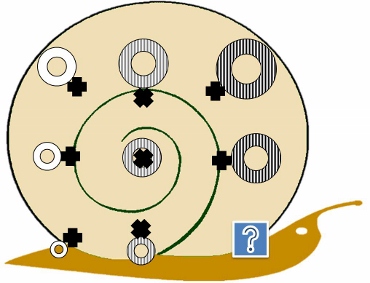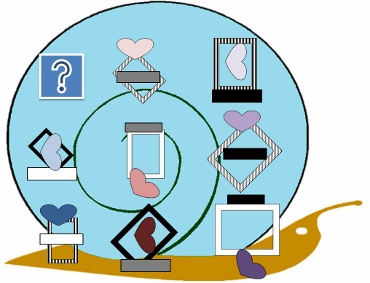 Biomedical Engineer
Biomedical Engineer
Dreaming of becoming a biomedical engineer?
On this page, you will find comprehensive information about the biomedical engineering profession: what the role involves, what qualities are required, and how to determine if you are suitable for it in terms of skills and personality profile. Career guidance is done online here on the website, start now!
A biomedical engineer is a professional who combines knowledge of engineering with medicine and biology to develop technological solutions for improving diagnosis, treatment, and rehabilitation in healthcare. Their role includes designing medical devices (such as implants, imaging machines, and monitoring systems), developing medical software, and collaborating with doctors, researchers, and industry professionals. The field requires strong scientific understanding, creativity, and the ability to translate clinical needs into practical engineering solutions.

 Summary
Summary
 Skills
Skills
 Tests
Tests
 Personality
Personality
Biomedical Engineer
Biomedical Engineer



Biomedical Engineer
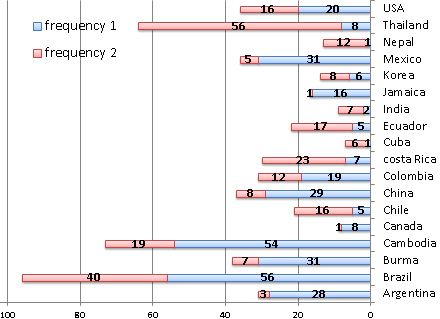



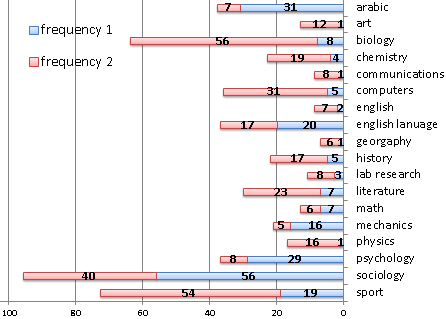
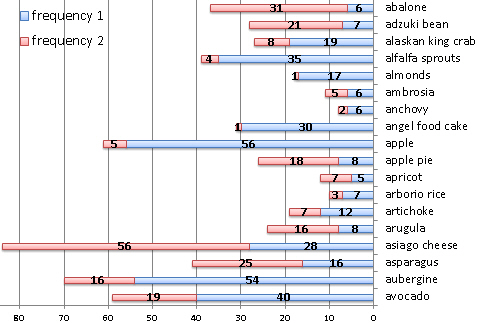
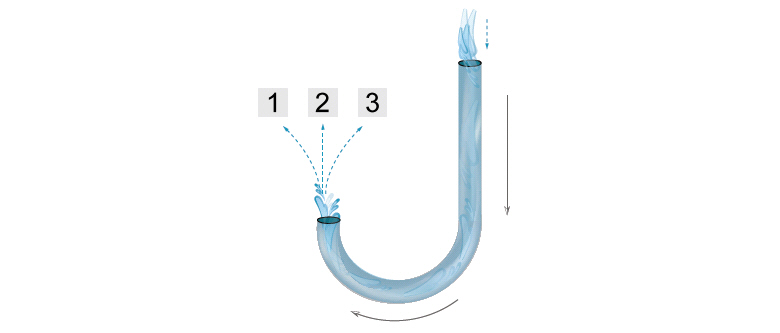


Biomedical Engineer
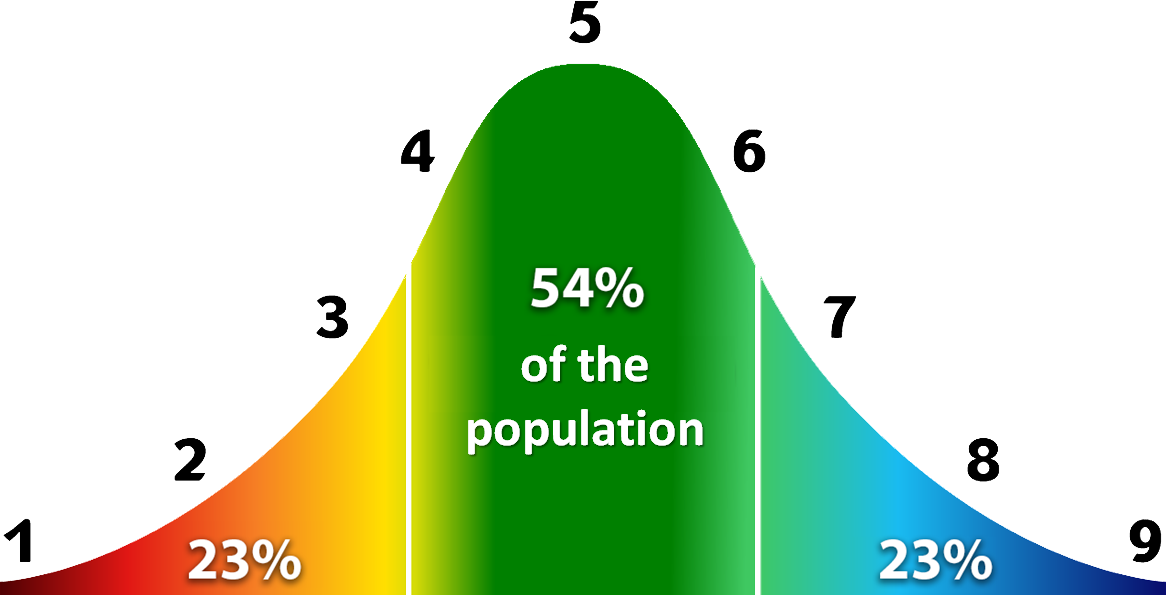
The [9] Scale: Represents the percentile of population that will reach or surpass this grade.
This implies the majority of the population will score 4, 5 or 6 and only a fraction will score 9 or 1.
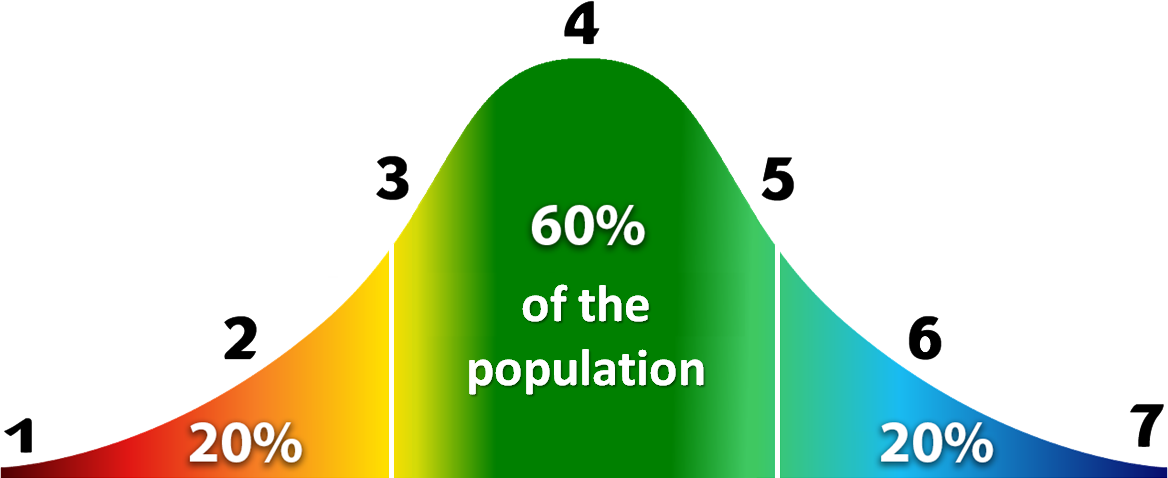
The [7] Scale: Represents the percentile of population that will reach or surpass this grade.
This implies the majority of the population will score 3, 4 or 5 and only a fraction will score 7 or 1.
The Personality Report is based on research conducted by Logipass that observed how a person ranks himself, his views and the way others rate him.
The scores range from "very high" to "very low" and are statistically relative, i.e. "very high" is relatively high in comparison to the population and in other words reflects the fact that the majority of people rank lower in a specific metric.
Tests and Characteristics
Candidates being tested for this position may be required to take the following tests:
Data Interpretation 8
Diagrammatic Reasoning 8
English Knowledge and Comprehension 4
Verbal Analogies 4
Inductive Reasoning 4
Shape Recognition 3
Number Sequences 6
Mental Arithmetics 5
Mechanical Reasoning 5
Memory Test - Chores 5
Sequence Matching 4
Shapes Matching 4
Information and additional options:





